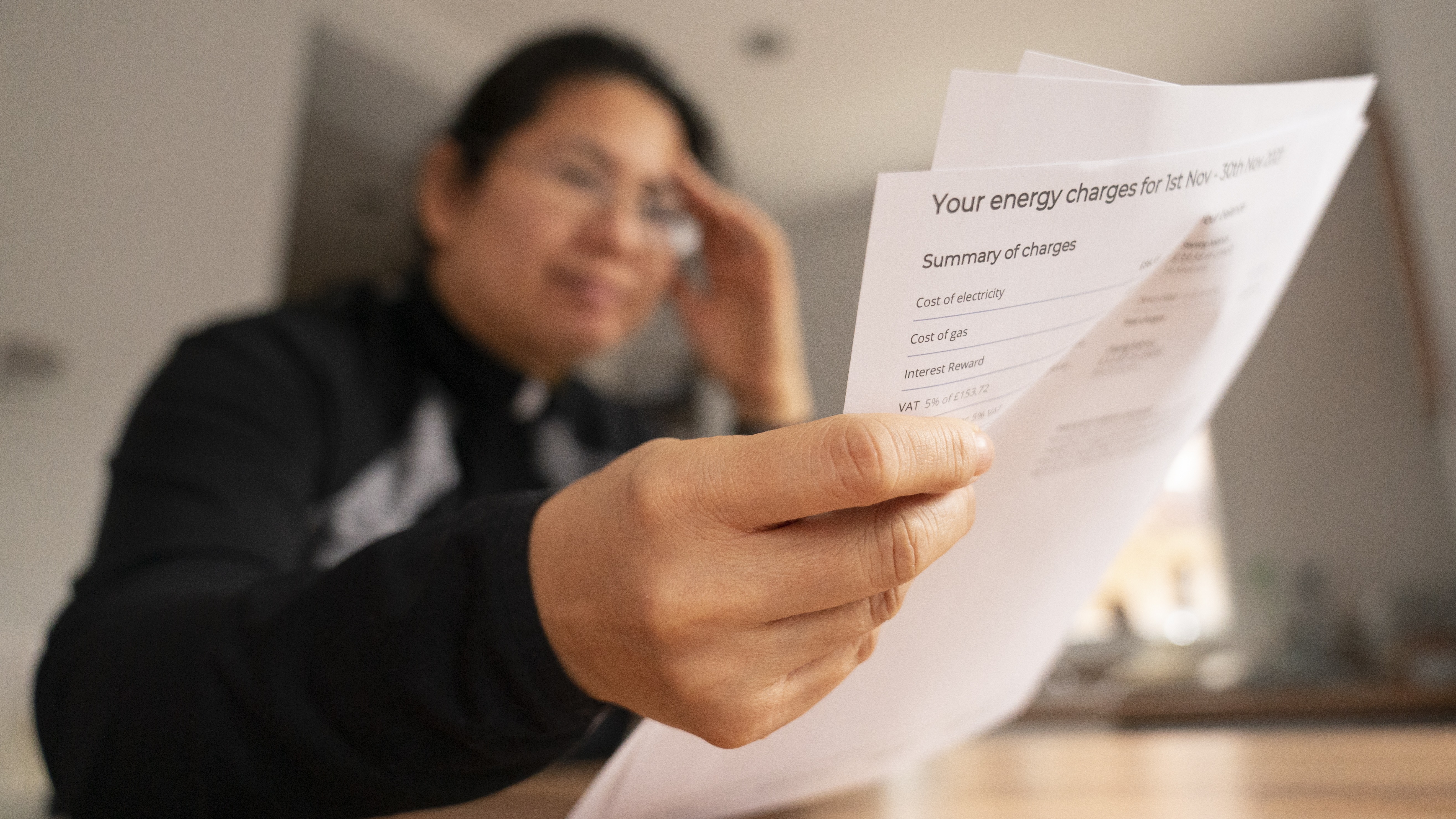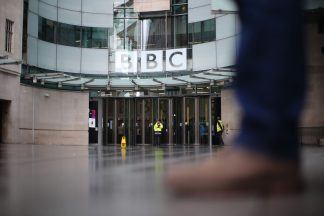People struggling with their mental health are at risk of being caught in an “indebtedness trap” amid the cost of living crisis according to an innovative new study.
Scottish researchers warned those with experience of “problem debt” were being left in the dark by policy makers after analysing the impact of mental health on debt advice adherence for the first time.
A survey by the University of Aberdeen found individuals in fiscal hardship are at an increased risk of failing to follow advice and incurring further monetary worries if they previously had issues with their mental wellbeing – despite options such as individual voluntary arrangements (IVA) being made available to them.
It comes as soaring energy costs and the highest rate of inflation for 30 years threaten to plunge millions across the country into financial peril.
An estimated one in four people in the UK are now experiencing mental health issues, the report, published in the International Journal of Social Psychiatry stated.
The research, funded by the Business Alliance Office at Queen’s University Belfast, marked the first academic exploration of the relationship between mental health and decisions to follow debt advice.
Dr Nicole Andelic, research fellow at the University of Aberdeen and co-author of the report, said those seeking help should have their mental state taken into account before debt advice or relief is recommended.
“What it showed us was that although debt may lead to worse mental health, poor mental health also correlates with difficulties escaping from problem debt,” she added.
“We know that these participants had poor mental health prior to deciding not to take the advice offered to them, rather than as a result of not following this particular piece of advice.
“Indeed our study also suggests that people with very severe debt problems have substantially poorer mental health than the general population, regardless of whether they adhere to debt advice or not.
“This means that the people who need the advice most may be the least likely to follow it. As a result, mental health needs to be taken into consideration when advising people with debt problems.”
Participants in the survey initially had their mental health measured alongside ability to recall information issued during debt advice appointments, attitudes towards IVAs and level of trust in those acting as advisors.
Their progress on adhering to that advice was calculated ten weeks later but those with poor mental wellbeing were found to be much less likely to have followed advice than fellow survey participants in better emotional health.
Energy bills are expected to increase to as much as £3,000 per year in October when regulator Ofgem raises its price cap for the second time in the space of six months.
The chief executive of Scottish Power has said up to ten million households should be given a £1,000 reduction in costs rather than a £200 proposed loan from the government – which will have to be paid back over time.
Meanwhile, inflation stands at 7%, its highest level in the UK since 1992.
Professor Aidan Feeney, deputy head of the school of psychology at Queen’s University, said: “As well as advice on the mechanisms available to them, people with problem debts need support as they make very difficult decisions between the available options.
“Given that being in debt is itself likely to cause poor mental health, the current financial climate may result in thousands of people being caught in a cruel indebtedness trap where the mental ill health caused by their indebtedness renders it difficult for them to make good financial decisions.”
He added: “There is a lot of stigma around problem debt even though many people experience problem debt through no fault of their own.
“Unfortunately, the experiences of people with problem debts have not received enough attention from researchers or from policy makers.”
Follow STV News on WhatsApp
Scan the QR code on your mobile device for all the latest news from around the country


 iStock
iStock

























